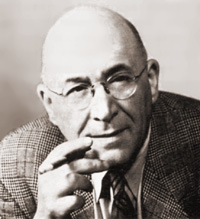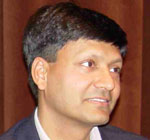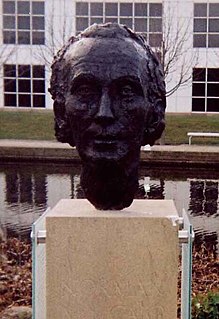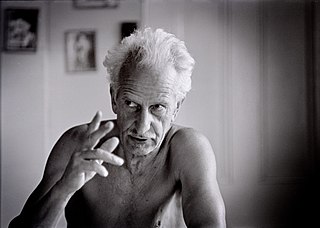A Quote by Erin McKean
Most of the words you know and love and use every day are not words you learned by looking them up in a dictionary and reading a definition.
Related Quotes
For we let our young men and women go out unarmed in a day when armor was never so necessary. By teaching them to read, we have left them at the mercy of the printed word. By the invention of the film and the radio, we have made certain that no aversion to reading shall secure them from the incessant battery of words, words, words. They do not know what the words mean; they do not know how to ward them off or blunt their edge or fling them back; they are prey to words in their emotions instead of being the masters of them in their intellects.
A definition is nothing else but an explication of the meaning of a word, by words whose meaning is already known. Hence it is evident that every word cannot be defined; for the definition must consist of words; and there could be no definition, if there were not words previously understood without definition.
One piece of advice can be universally handed out, and it applies equally to speaking, understanding, reading, and writing. If in the course of any of these language activities, you run across words whose meaning or use baffles you, don't by-pass them. Look them up in the dictionary and familiarize yourself with them.
The dictionary is like a time capsule of all of human thinking ever since words began to be written down. And exploring where words have come from can increase your understanding of the words themselves and expand your understanding of how to use the words, and all of this change happens in your thinking when you read the words.
Fail, it's not in my dictionary. I've got a good dictionary up there and the words 'fail' and 'failure' have been ruled out for years. I don't know what people are talking about who use that word. All I do know is temporary non-success, even if I've got to wait another 20 years for what I'm after, and I try to put that into people, no matter what their object in life.
Reading activates and exercises the mind. Reading forces the mind to discriminate. From the beginning, readers have to recognize letters printed on the page, make them into words, the words into sentences, and the sentences into concepts. Reading pushes us to use our imagination and makes us more creatively inclined.
I subscribe to the online Urban Dictionary's definition of nerd: 'one whose IQ exceeds his weight'. I'm also keen on the same Urban Dictionary's definition of geek: 'the person you pick on in high school and wind up working for as an adult'. I happily proclaim myself a book nerd/reading geek and proud of it.




































